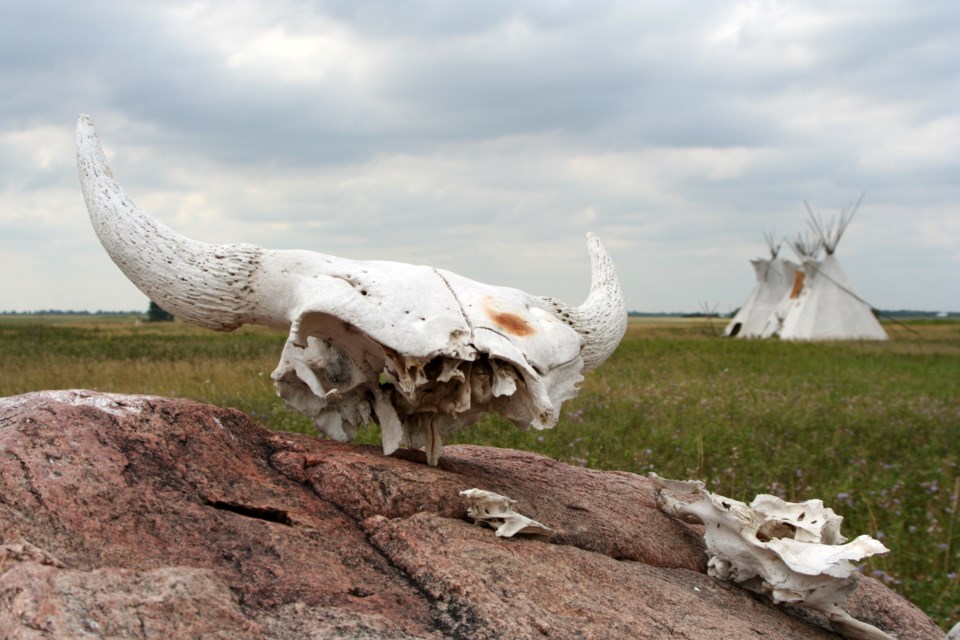A federal judge recently dismissed the province's move to handle the matter without a full trial — which Witchekan Lake First Nation welcomed as a positive step.
"We have tried to reason with the province, but have met roadblock after roadblock. Going to court is not our preferred option, but it has been forced on us," Witchekan Lake First Nation Chief Anne Thomas said.
The First Nation initially filed a statement of claim in 2019 against the province, arguing that it breached Saskatchewan's Treaty Land Entitlement Agreement by selling the land without providing the First Nation proper notice or first right of refusal.
In a prepared statement, Federation of Sovereign Indigenous Nations interim Chief Clarence Bellegarde warned that continued Crown land sales could make it impossible to fulfill such agreements or Specific Land Claim Settlements.
"The FSIN and First Nations in the province have been demanding that the province halt the sale of Crown lands, or at least provide First Nations with the opportunity to select lands before they are put for auction, but the province has refused," Bellegarde said.
Witchekan Lake First Nation's case has its roots in 2017. At the time, the province was auctioning off three parcels of land that included the First Nation's traditional trapping, hunting, and fishing territory, Justice Paul Favel wrote in his Oct. 15, 2021 decision.
The First Nation submitted to acquire the land, but the province wouldn't do so, and put the parcels up for auction.
In 2019, the First Nation once again submitted to acquire three different parcels of land, but Saskatchewan declined to sell the land because of a prior commitment to auction the parcels.
Part of Saskatchewan's argument is that the First Nation could have acquired the land as early as 1993, and that it did notify the First Nation and FSIN.
The province also argues removing the parcels "would disrupt the auction process and have financial costs for Saskatchewan," Favel wrote.
In his decision, he wrote that the province's position was that the case with the First Nation was "contractual interpretation" and didn't need a full trial.
Favel sided with the First Nation argument's that they did need a trial, which would also help clarify factual issues that were in dispute between the parties. He noted the case could have wider implications and that "the resolution of any of the issues in this case will affect more than WLFN, particularly with a novel issue involving a public auction."



.png;w=120;h=80;mode=crop)
